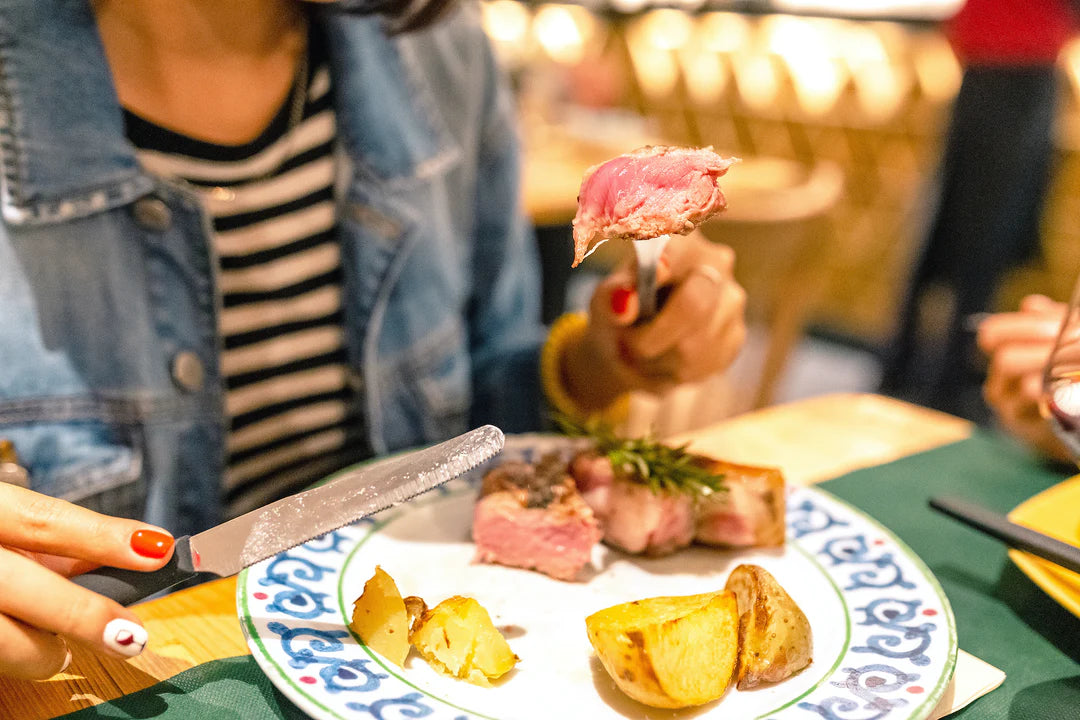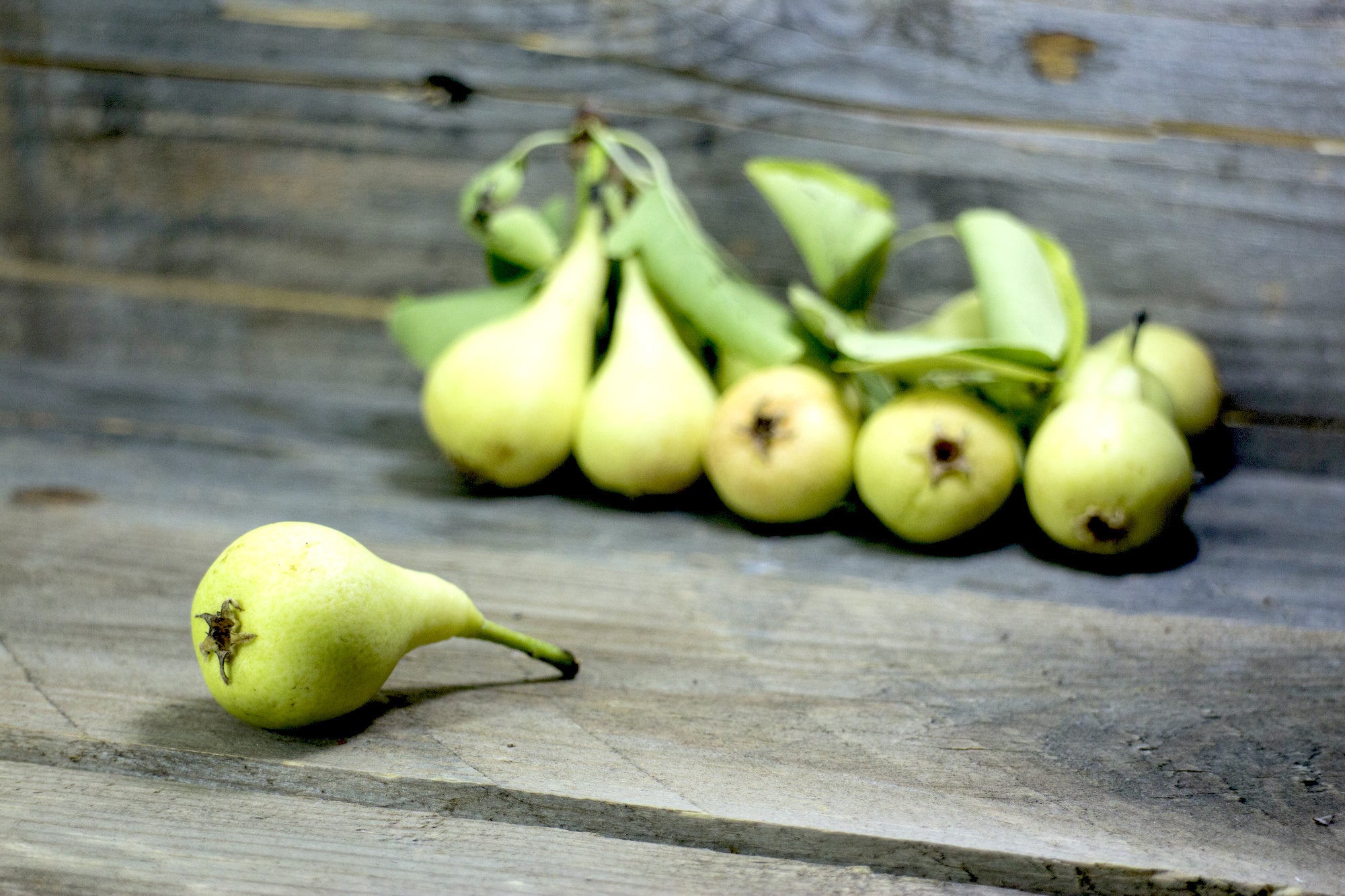
Keto and Acne: How Does The Popular Diet Affect Your Skin?
From commercials to grocery store shelves, the keto diet has taken over everything!
The latest and greatest in fad diets, keto seems to be the newest shiny car in the lineup. But how does switching to keto affect your skin?
If you’re on keto and dealing with acne or even if you’re just considering the keto diet lifestyle, here’s a crash course on everything you need to know!
Get ready for your mind to be blown!
Breaking Down The Keto Code
Keto was first coined as "Ketogenic Therapy" in 1923 by Dr. Russell Wilder. Introduced as a treatment for epilepsy, keto had some major success that quickly led to widespread attention. Others soon wanted to know if keto could work for them and treat conditions outside of epilepsy.
The verdict?
Over the years, people have reported a reduction or a complete reversal of high blood sugar, hypertension, PCOS, and a slew of other long-term illnesses.
So, while it may seem like keto is having the ultimate "moment," the truth is that it hit the mainstream a long time ago (almost one hundred years to be precise).
The main focus of the diet is to get the body into a state of ketosis, or a metabolic state in which your body converts fats into ketones. When this happens, your body can burn fat more efficiently.
The way to achieve this is through the foods you eat.
The diet is a ratio of 75% fats, 25% protein, and only 5% carbs. While the exact percentages can change slightly, depending on which version of keto you're doing, the general idea is to keep your diet at a 4:1 ratio. This means four grams of fat for every 1 gram of protein plus carbs.
So, the golden question is “What can you eat?” Well, it may be easier to start with what you can't eat first!
The foods to stay away from are grains, sweets, most fruits (because of the sugar content), beans, low-fat dairy, starchy vegetables, and junk food, of course! That means it's time to say goodbye to those chips and cookies!
The foods you can eat are meats, fatty fish, eggs, butter and cream, veggies, cheese, and nuts. While this may sound like a lot to handle, doing the diet right is the only way to see if it works for you!
My suggestion: Take your time and keep reading before making up your mind. There are many factors to consider when changing your diet, and the health of your skin is one of them!
Let's continue digging to find out what keto does to and for that beautiful face.
What's Keto's Effect on the Skin?
Now that you understand what the diet is, the moment of truth has arrived for us to get down to the nitty-gritty and discuss how keto affects your skin. I know you're as excited as I am!
Keto Promotes Skin Healthy Foods
Some of the top keto-approved foods are rich in vitamins and nutrients. They are also foods that we should be consuming daily anyway! These foods include collard greens, cucumbers, cauliflower, spinach, healthy fats such as olive oil, avocados, and fatty fish like salmon.
This may sound like torture for those of us who have a regular membership at Pizza Hut…
But evaluating the foods we eat is the first step to healthy skin!
High Fat Can Lead to We’ve established that one of the pillars of keto is high fat. So, that means there’s no way around it if you commit to this diet.
The problem?
High fat (in particular non-healthy fats such as cheese, dairy products, and butter) can cause a surge of inflammation. In addition, fat-concentrated intake can ultimately lead to an overproduction of oil which is the recipe for acne. A 2015 study determined that high-fat diets increase sebum production exponentially.
Low-sugar diets Lead to Fewer Wrinkles
Since the keto diet is sans sugar and very low in carbs, you have to be diligent in keeping those food categories at bay.
Refined sugars and carbs are on the no-no list for clear skin because these can lead to abnormal cell and tissue function through a process known as glycation. From this, collagen can become weakened, and voila, wrinkles and fine lines become your new unwanted guests!
My suggestion: Stay true to the keto restrictions to keep those sugars and excess carbs at bay, so that your face can be young forever!
*Cue Evil Laugh*
Keto Can Negatively Impact Gut Health
Remember the protein-fat-carb ratio of this diet? These ratios can cause quite a problem for your digestive system.
Dieticians have said that a diet lacking in fiber and consisting of high fat can do more harm to your gut than you would imagine.
Fiber is like the engine that keeps everything in motion. It allows nutrients to be distributed neatly and gives them their exit time through the process of digestion. Without it, the body can suffer, especially the digestive tract. High fat content without fiber will more than likely turn into a constipated disaster.

Just an FYI!
Good Fats Can Prevent Sun Damage
While Keto may be unconventional to some, when done right it can have some pretty sweet benefits. One of them is getting a good amount of healthy fats.
Even though high fat can be a bad thing (which I just mentioned), having a good amount of healthy fats, including omega-3s and omega-6s, can be amazing for the skin! Some of the benefits include:
- Reduced inflammation
- Fewer breakouts
- Reduced redness
- A loss of collagen which makes the skin less susceptible to sun damage.
Eat the foods that matter, to get the skin you want! It's just that simple!
High Ketones Can Lead to Keto Rash
The infamous keto-rash is a thorn in the side of many “others”.
I was lucky enough never to experience it myself, but the frustration is real for those that do!
Dermatologists have explained that for some people, a high level of ketones can trigger a skin condition called prurigo pigmentosa. This creates a series of very itchy, reddish bumps that start on the back, chest, or stomach. While it does eventually crust over and heal, it often leaves dark marks on the skin.
No, thank you!
The Verdict: Will Keto Help Acne or Cause It?
Even though we all like easy answers, starting a diet, or sticking to one is a personal call. While not a one-size-fits-all, the Keto diet has proven successful in clearing acne for some people and causing acne in others.
But, it all comes down to how you do the diet, what you eat regularly, and how much cheating you allow.
A good clear skin diet day would be one filled with vegetables (your main source of carbs), healthy protein like grilled chicken or fish that is rich in omega 3's, and water or tea.
As far as fat is concerned, only shoot for healthy fats like avocados, nuts, full-fat Greek yogurt, olive oil when cooking, and chia seeds to incorporate in foods and smoothies. No diet is perfect, but certain foods will always affect your skin for good or bad.
Keep these tips in mind the next time you go shopping, and don't forget to fortify your skin with all-natural skincare!
Cheers on your beautiful skin journey!






